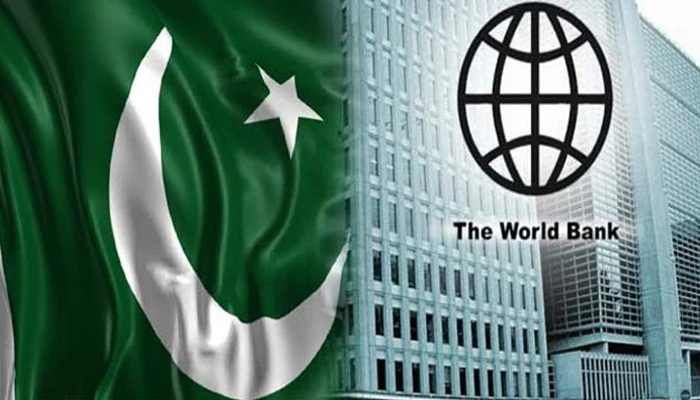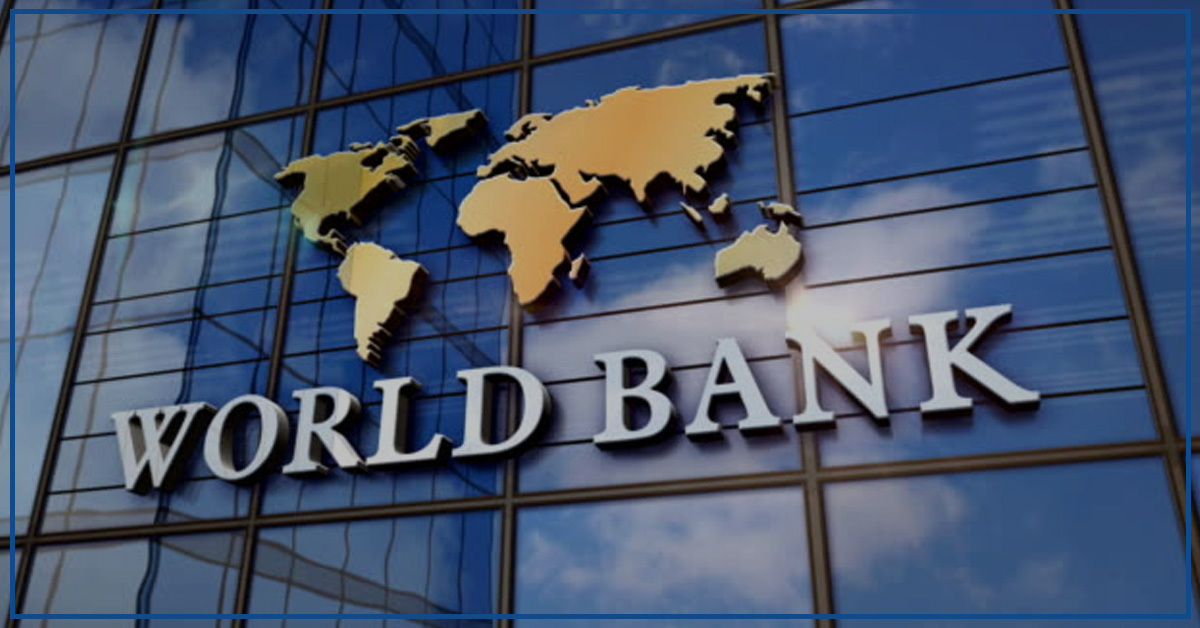In a potential game-changer for Pakistan’s financial landscape, the World Bank has suggested imposing taxes on individuals earning Rs 50,000 or less per month. These recommendations, outlined in the Pakistan Development Outlook report, have the aim of enhancing Islamabad’s fiscal sustainability and restructuring the country’s tax policies.
A key suggestion from the World Bank is to expand the tax base, encompassing sectors previously untaxed. The proposed measure includes a progressive tax rate system, where individuals with a monthly income of five lakh rupees would face a 35% tax rate, aimed at generating additional revenue for the government.
The World Bank has also urged the federal government to reduce spending in areas under provincial jurisdiction to enhance financial discipline and service delivery accountability. The report emphasizes the need for a comprehensive review of the Seventh National Finance Commission and stresses collaboration between federal and provincial levels in crafting financing plans.
To widen the tax net further, the World Bank recommends integrating vendors into the tax system and reducing the threshold for tax-free income. Additionally, the suggestion to simplify the personal income tax structure and impose taxes on owners of agricultural land exceeding 12.5 acres aims to create a more equitable and effective tax system.

However, experts and professionals in Pakistan have expressed concerns about the potential impact of these proposals, particularly on the already heavily taxed salaried class, especially amidst rising inflation and economic challenges. Critics argue that these changes might further strain the financial resources of this group.
Contrary to the proposed reforms, Pakistan is grappling with a rise in poverty levels in fiscal year 2023. The sluggish economic growth and soaring inflation have pushed nearly 40% of the population below the Lower-Middle Income Country poverty threshold. This disparity underscores the challenges that Pakistan’s economic policymakers face in aligning proposed reforms with the ground reality.
In response to the World Bank’s proposal, various professionals across the country have voiced their concerns, highlighting the financial strain already faced by the salaried class due to high inflation. The potential imposition of additional taxes on this group has been criticized as burdensome and unjust, given the current economic circumstances.





